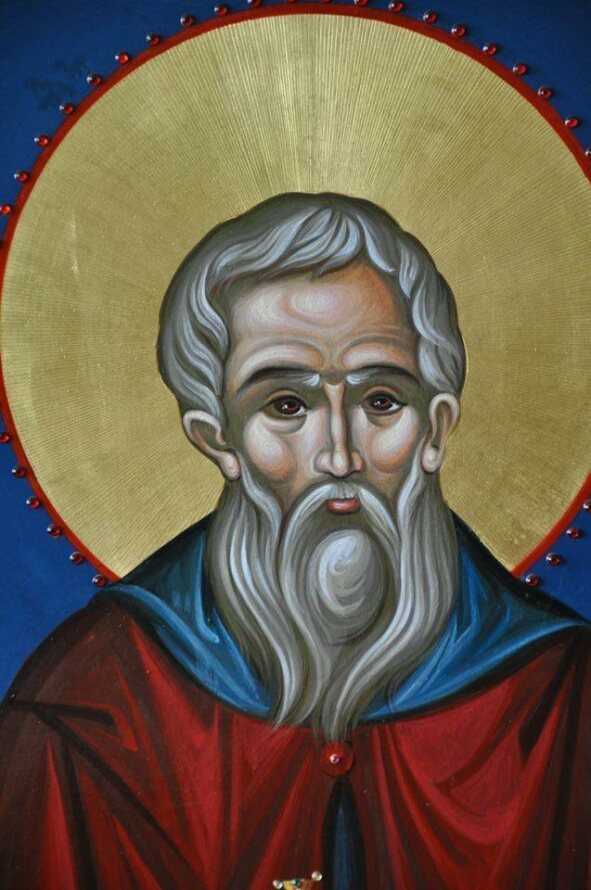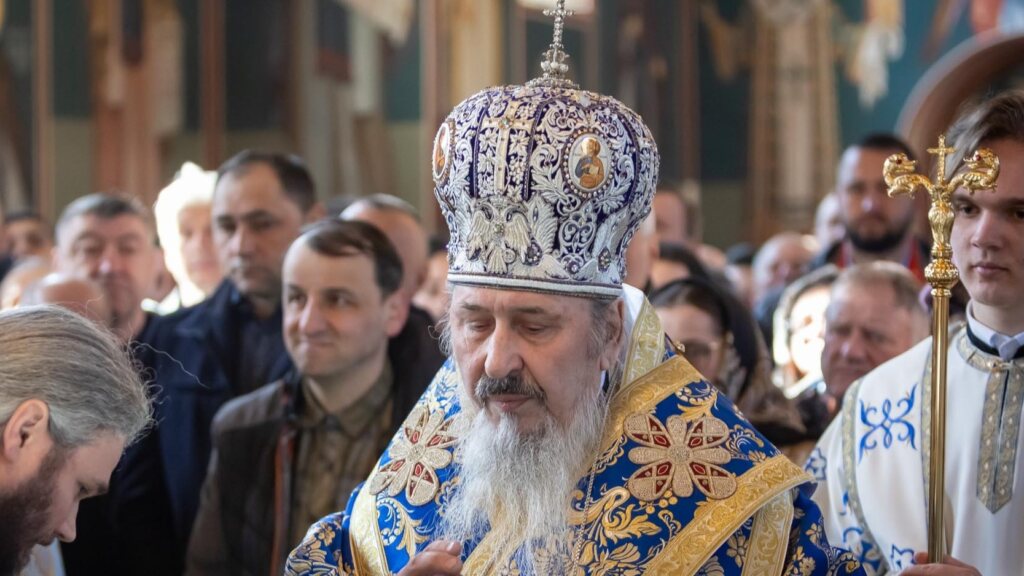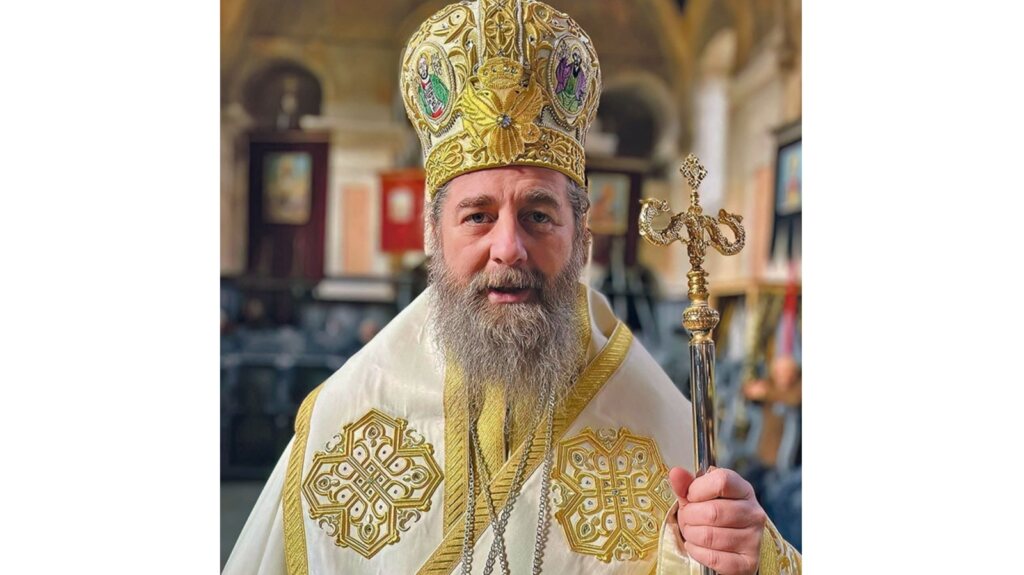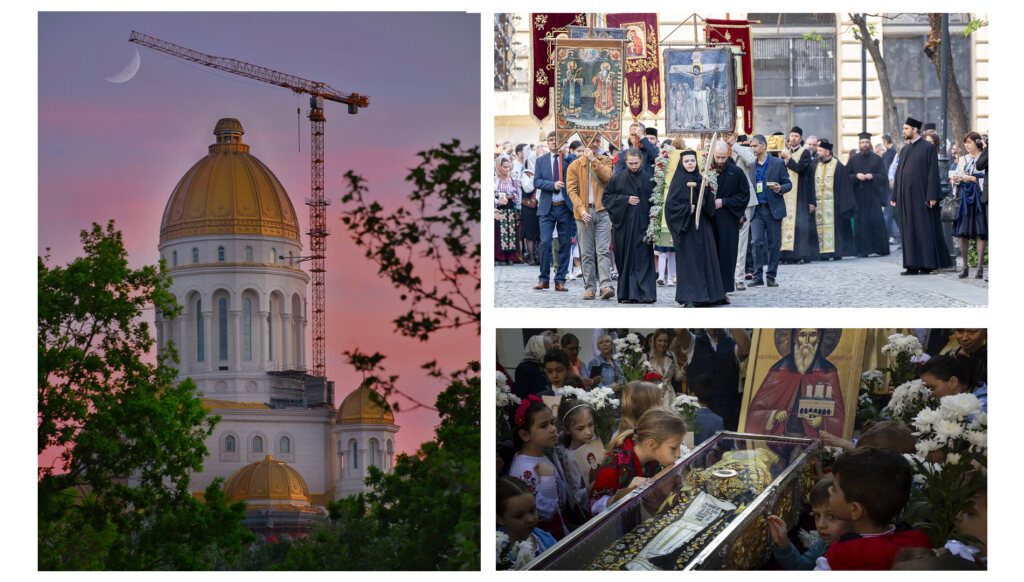Saint Hilarion the New, Igumen of Peleke Monastery, from his youth, he devoted himself to the service of God and spent many years as a hermit. Because of his holy and blameless life he was ordained to the holy priesthood, and later he was made igumen of the Pelekete monastery (near the Dardanelles). Saint Hilarion was granted gifts of clairvoyance and wonderworking by the Lord.
Through prayer he brought down rain during a drought, and like the Prophet Elisha he separated the waters of a river, he drove harmful beasts from the fields, he filled the nets of fishermen when they had no success in fishing, and he did many other miracles. In addition to these things, he was able to heal the sick and cast out demons.
Saint Hilarion suffered on Great and Holy Thursday in the year 754, when the military commnander Lakhanodrakon suddenly descended upon the Pelekete monastery in pursuit of icon-venerators, boldly forcing his way into the church, disrupting the service and throwing the Holy Gifts upon the ground. Forty-two monks were arrested, slapped into chains, sent to the Edessa district and murdered. The remaining monks were horribly mutilated, they beat them, they burned their beards with fire, they smeared their faces with tar and cut off the noses of some of the confessors. Saint Hilarion died for the veneration of icons during this persecution.
Saint Hilarion left behind spiritual works containing moral directives for spiritual effort. Saint Joseph of Volokolamsk (September 9 and October 18) was well acquainted with the work of Saint Hilarion, and he also wrote about the significance of monastic struggles in his own theological works.
Saint Stephen the Confessor, Igumen of Triglia Monastery, suffered under the iconoclast emperor Leo the Armenian (813-820). From a young age, the holy ascetic dedicated his life to God and received monastic tonsure. He later became head of the Triglia monastery near Constantinople.
When persecution again began against holy icons, the saintly igumen was summoned for questioning, and they tried to force him to sign a document rejecting the veneration of icons. Saint Stephen steadfastly refused to betray Orthodoxy and he boldly denounced the emperor for his impiety. They subjected the saint to cruel torments, after which they sent him to prison in the year 815. Weakened and sick, the holy Confessor Stephen soon died in prison from his sufferings.
Translated into english by oca.org.






